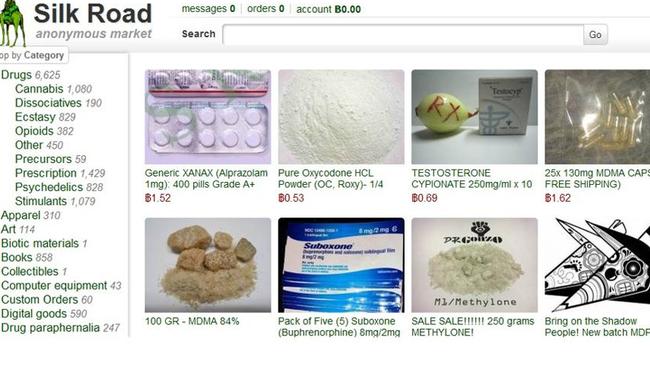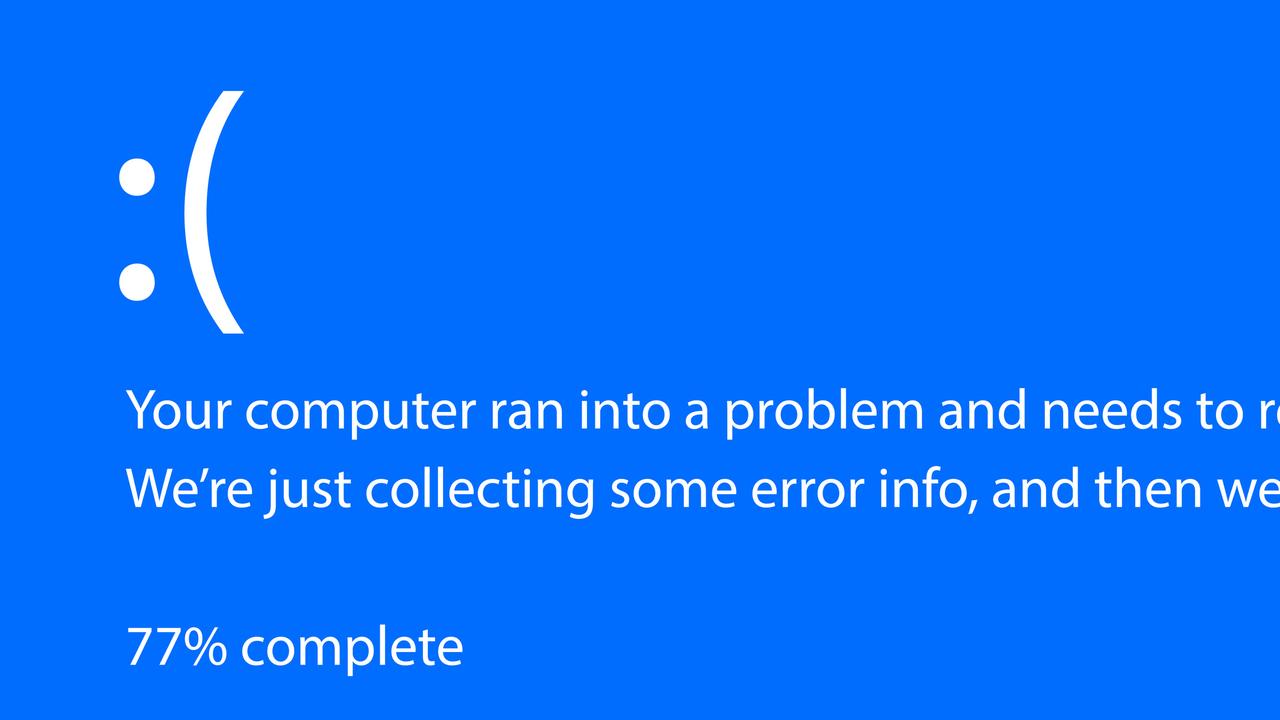The dark web is stronger than ever showing Ross Ulbricht’s prison sentence did nothing to deter crime
WHEN authorities shut down Silk Road they thought the dark web was dead. They were wrong. It has only grown and is now worth $100 million annually.
“THEY need to understand, without equivocation, that there will be severe consequences.”
This was the message from Judge Katherine Forrest when she sentenced the mastermind behind Silk Road, Ross Ulbricht, to life in prison without the possibility of parole.
It was hoped the harsh sentence handed down to Ulbricht would act as a stern warning to dark web operators looking to follow in his footsteps.
However, it appears the threat feel on deaf ears because the underground online drug trade is as strong as ever.
This is according to a new study out of Carnegie Mellon University examining online drug marketplaces located on the dark web.
The brazen study saw Nicholas Christin and Kyle Soska use automated software to extract and harvest information from 35 dark web markets.
Working stealthily under the radar of market operators the duo collected 3.2 terabytes of data, which catalogued the products listed for sale, the vendors and the buyers.

Mr Christin said the data indicated drug marketplaces on the dark web were producing between $100 million and $180 million in sales annually.
To put this into perspective, at the height of its reign in 2012, Silk Road was believed to have reached $22 million in sales annually.
“The market is relatively stable, with sales between 300,000 and 500,000 dollars a day,” he told Wired.
“It’s not huge, but it’s not negligible and it’s a lot bigger than we had reported in 2012.”
While these statistics seem alarming, they are nothing compared to the global drug trade which the UN has valued at $321.6 billion.
With the dark web marketplaces contributing to less than 0.1 per cent of the drug trade globally, the authors suggest the heavy police recourses involved in shutting them down might not be justified.
“While members of Congress have routinely called for the take down of ‘brazen’ online marketplaces, it is unclear that this is the most pragmatic use of taxpayer money,” the report read.
As Mr Christin points out, when law enforcement manage to shut down an online market, another is created in its place to meet the demand of drug users wanting a safer outlet to purchase goods.
“It stands to reason that the absence of face-to-face intervention removes one possible factor of violence at the retail level, and that a functioning reviewing system actually helps reduce risk of getting low-quality products,” he told the Daily Hype.
“From a law enforcement perspective, we argue that rather than trying to shut down whole marketplaces (which is not very fruitful), it may be a much better idea to focus on vendors selling dangerous products,”
Mr Christin said when referring dangerous products, his focus was on toxicants such as ricin, which can kill a human with an amount, less than a grain of salt.
He believes focusing on these products should be a far bigger concern and would also be easier to police.
“[It] can usually be done by traditional policing techniques, as has been demonstrated time and again with vendor arrests.”



